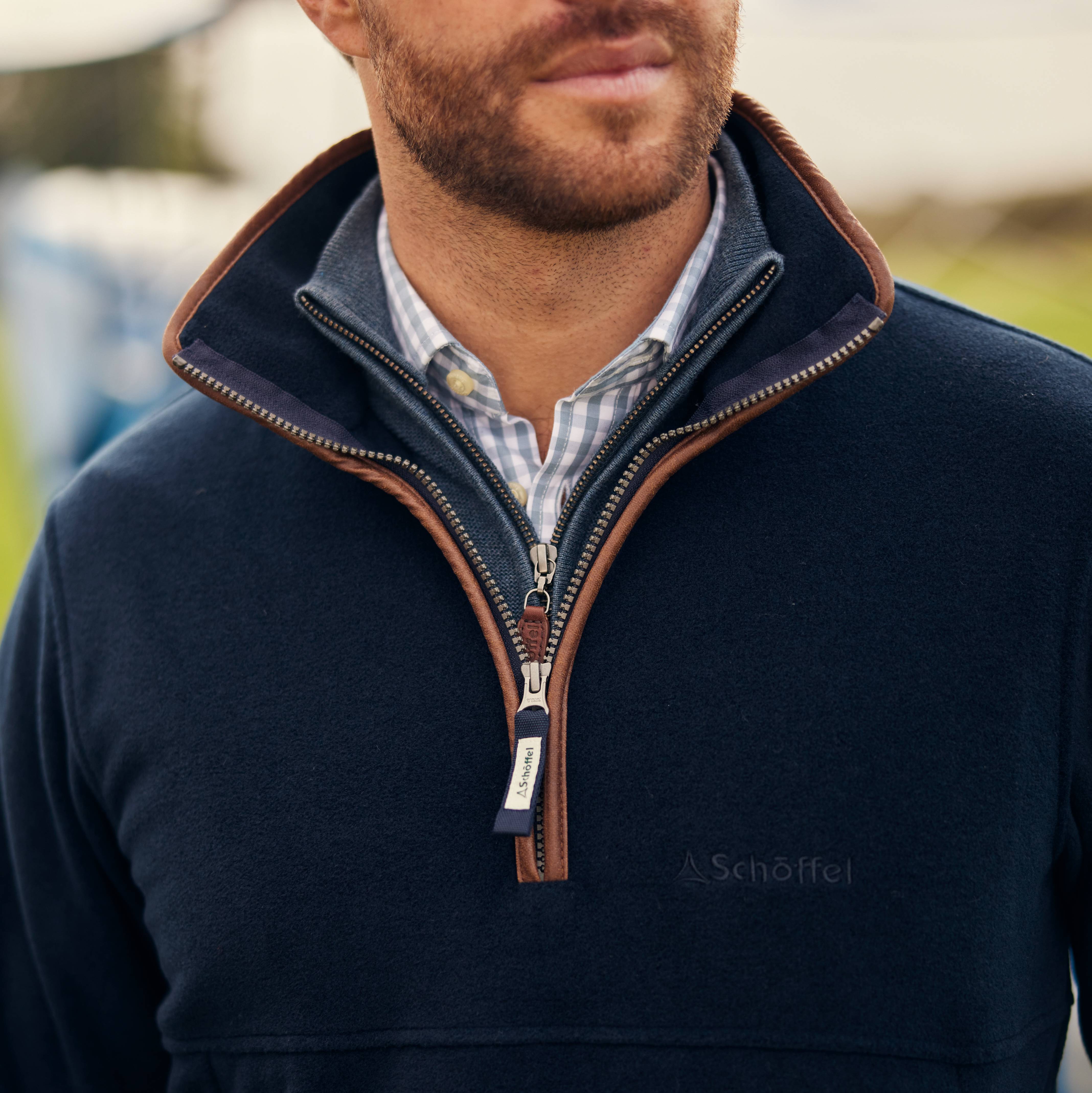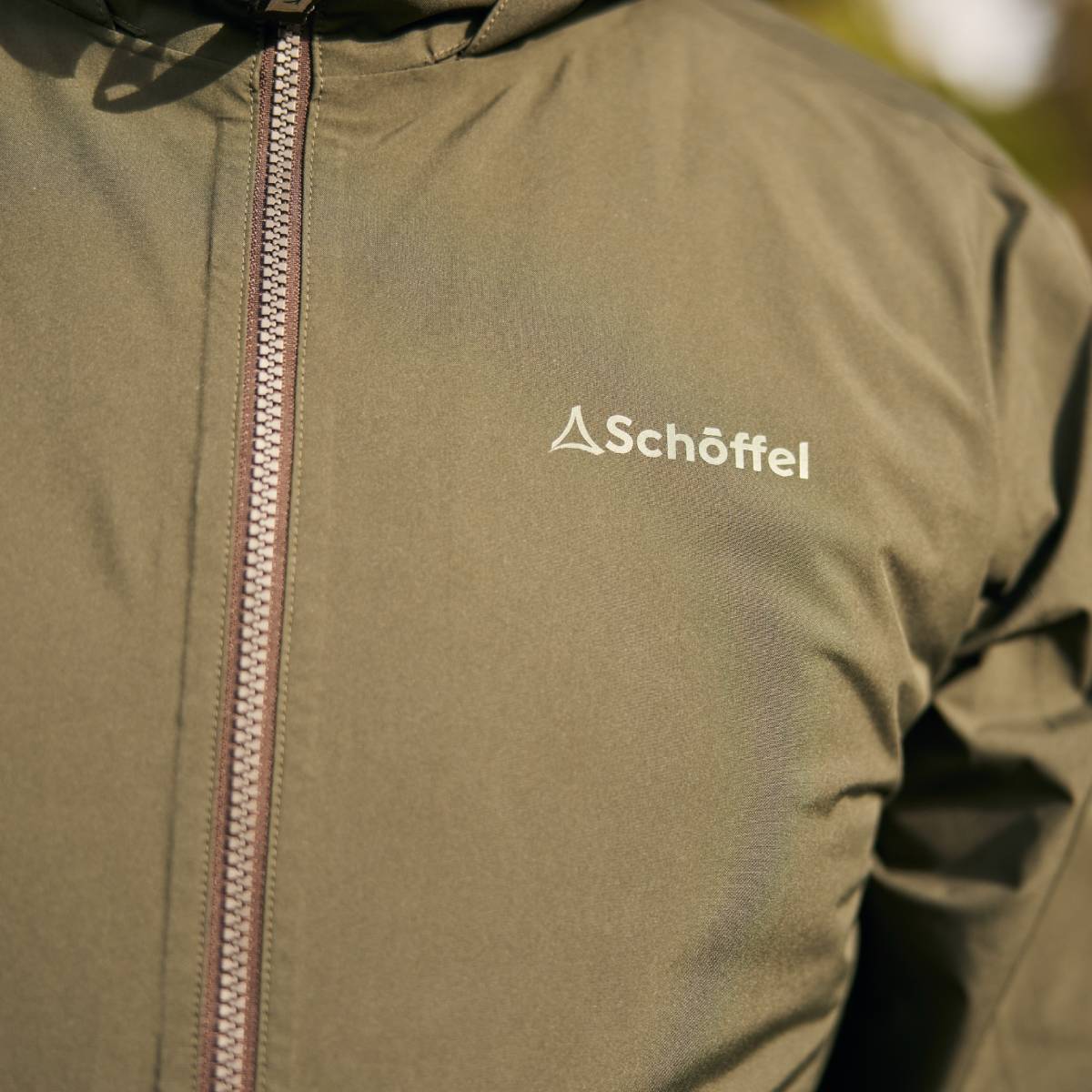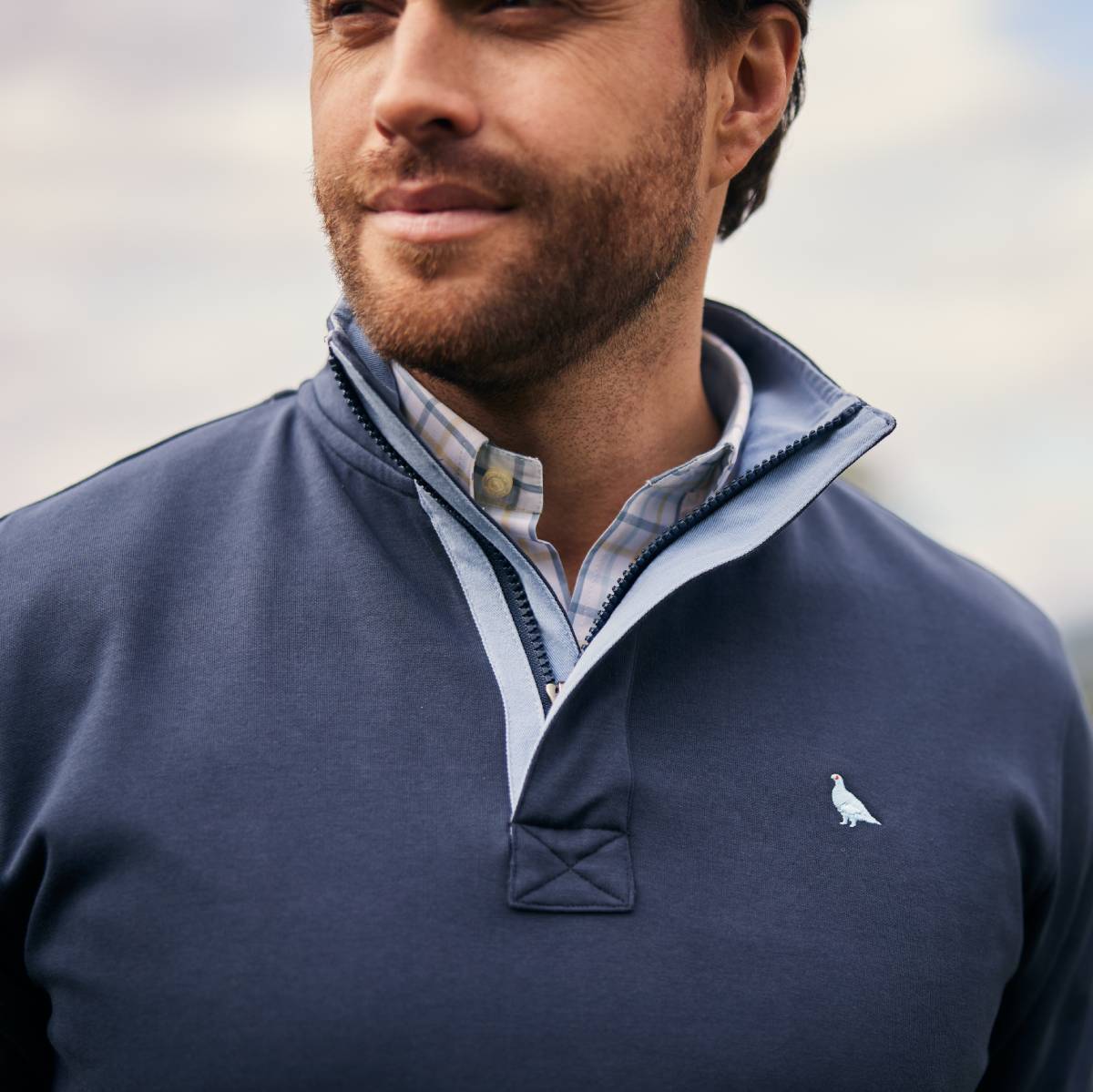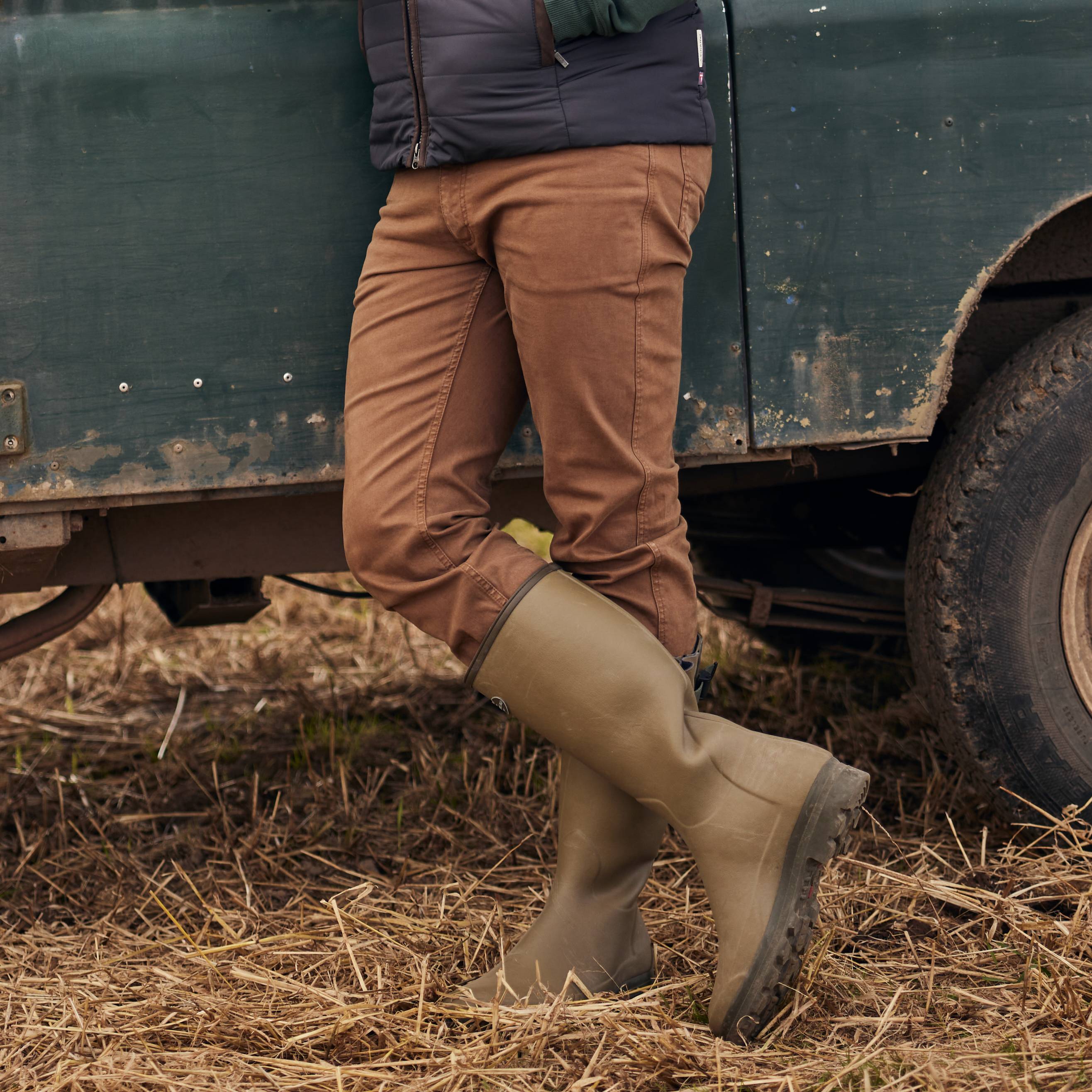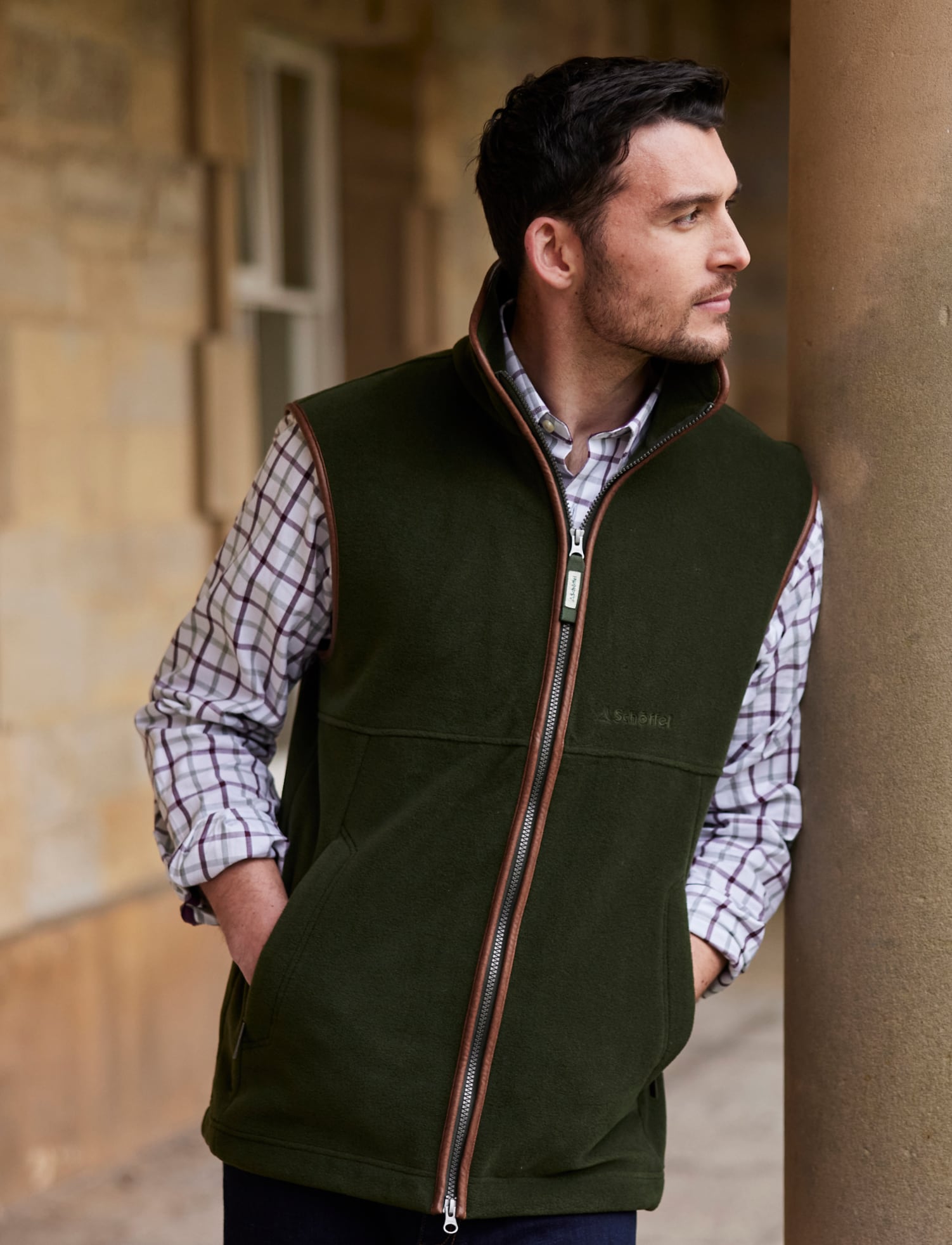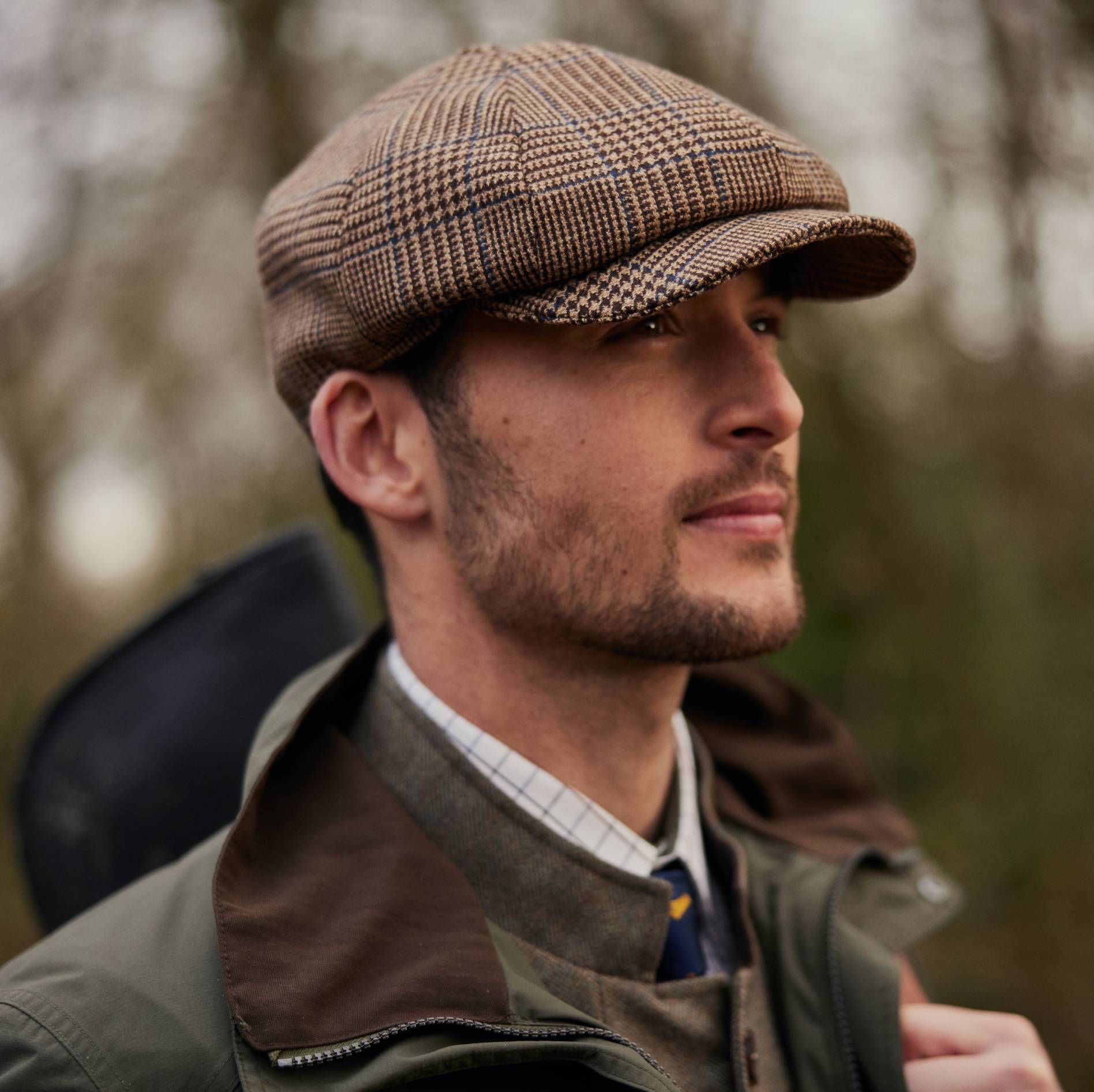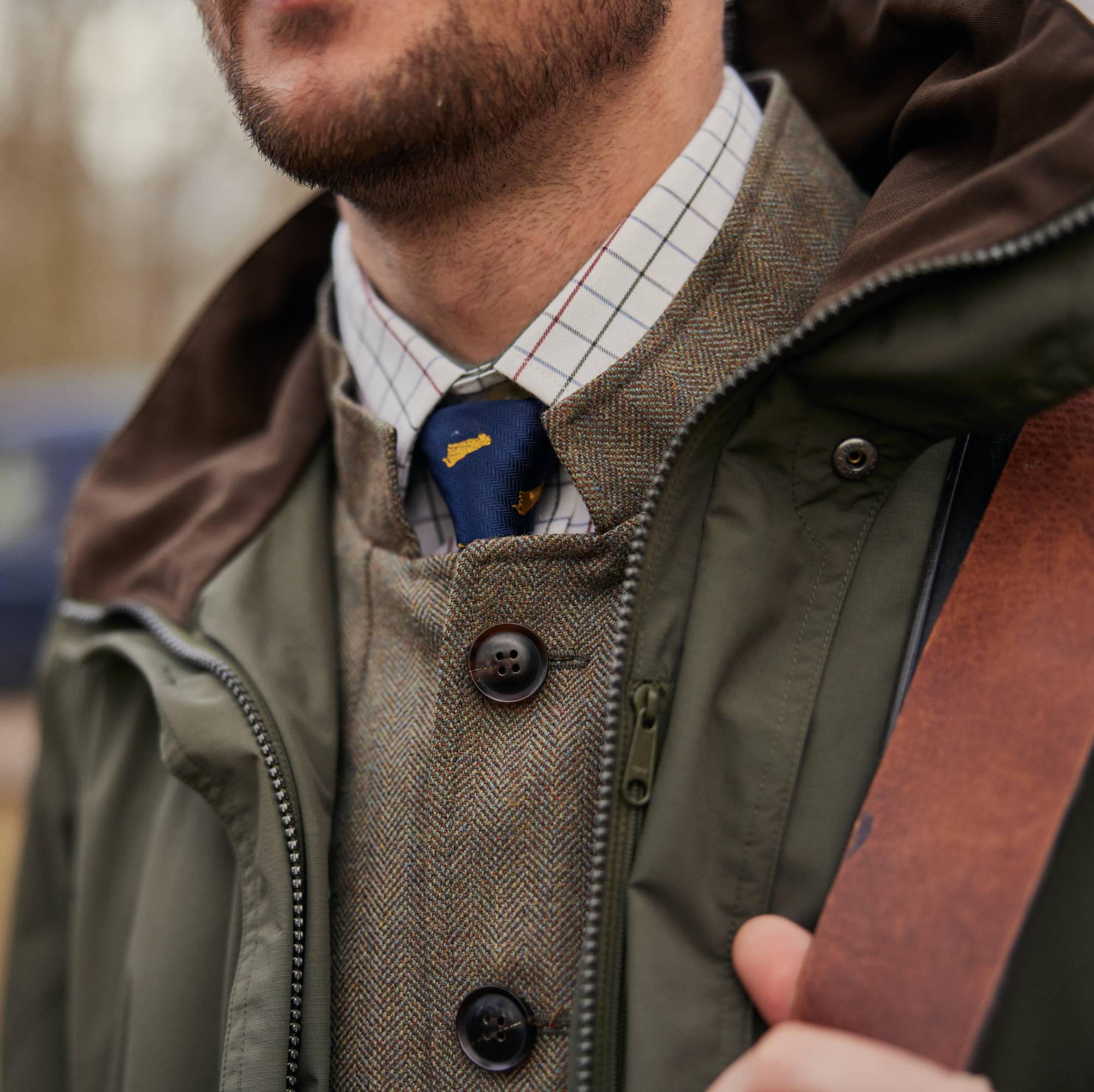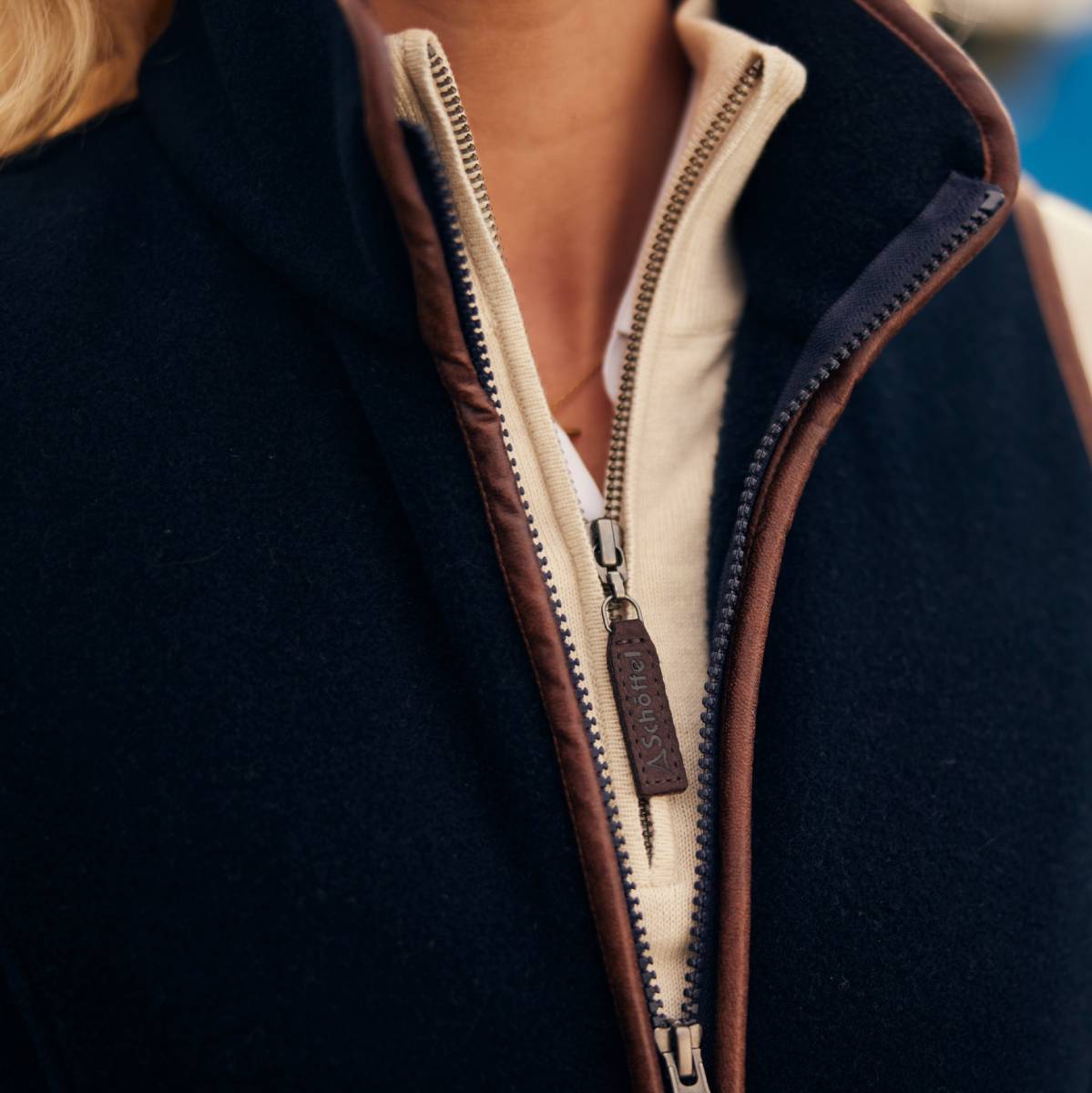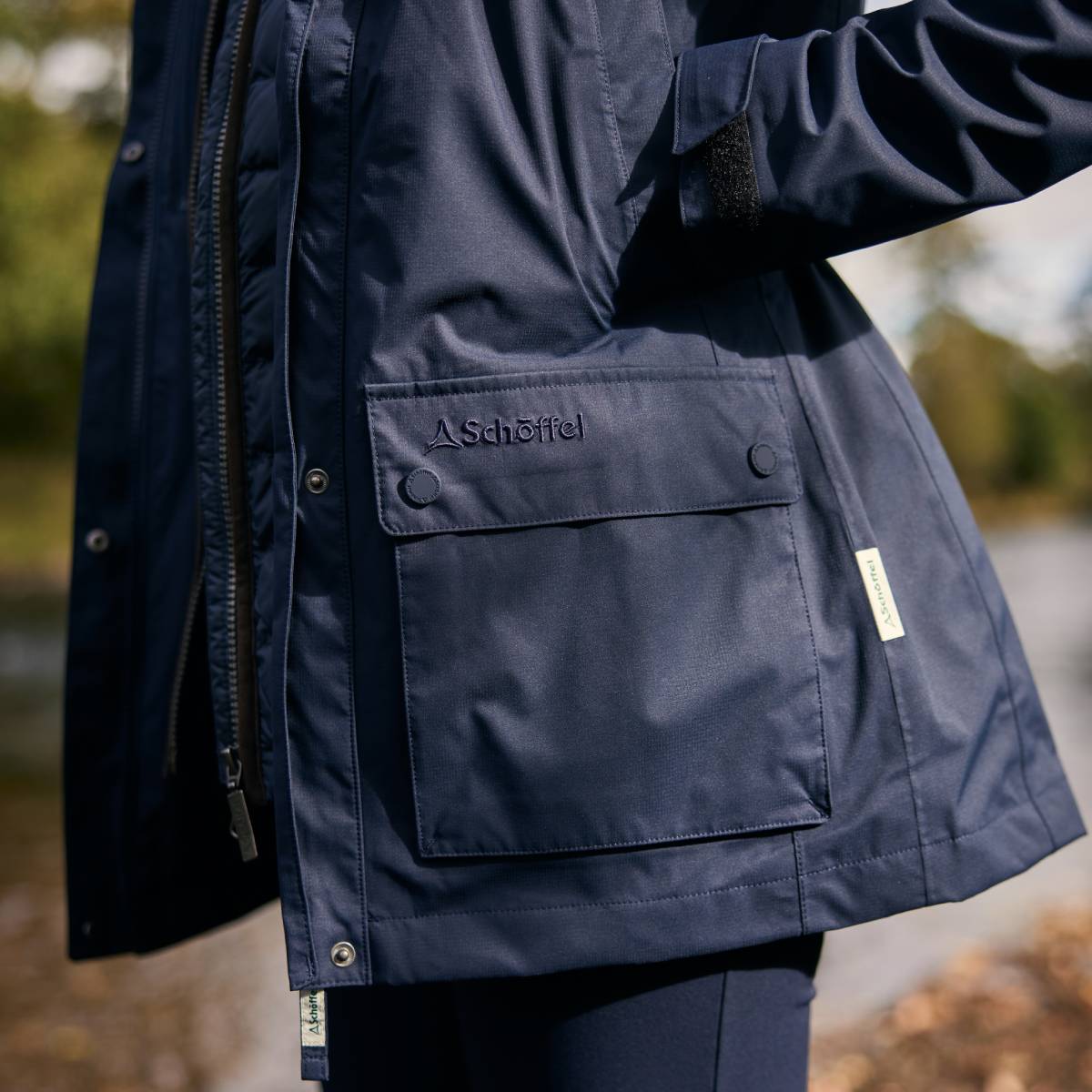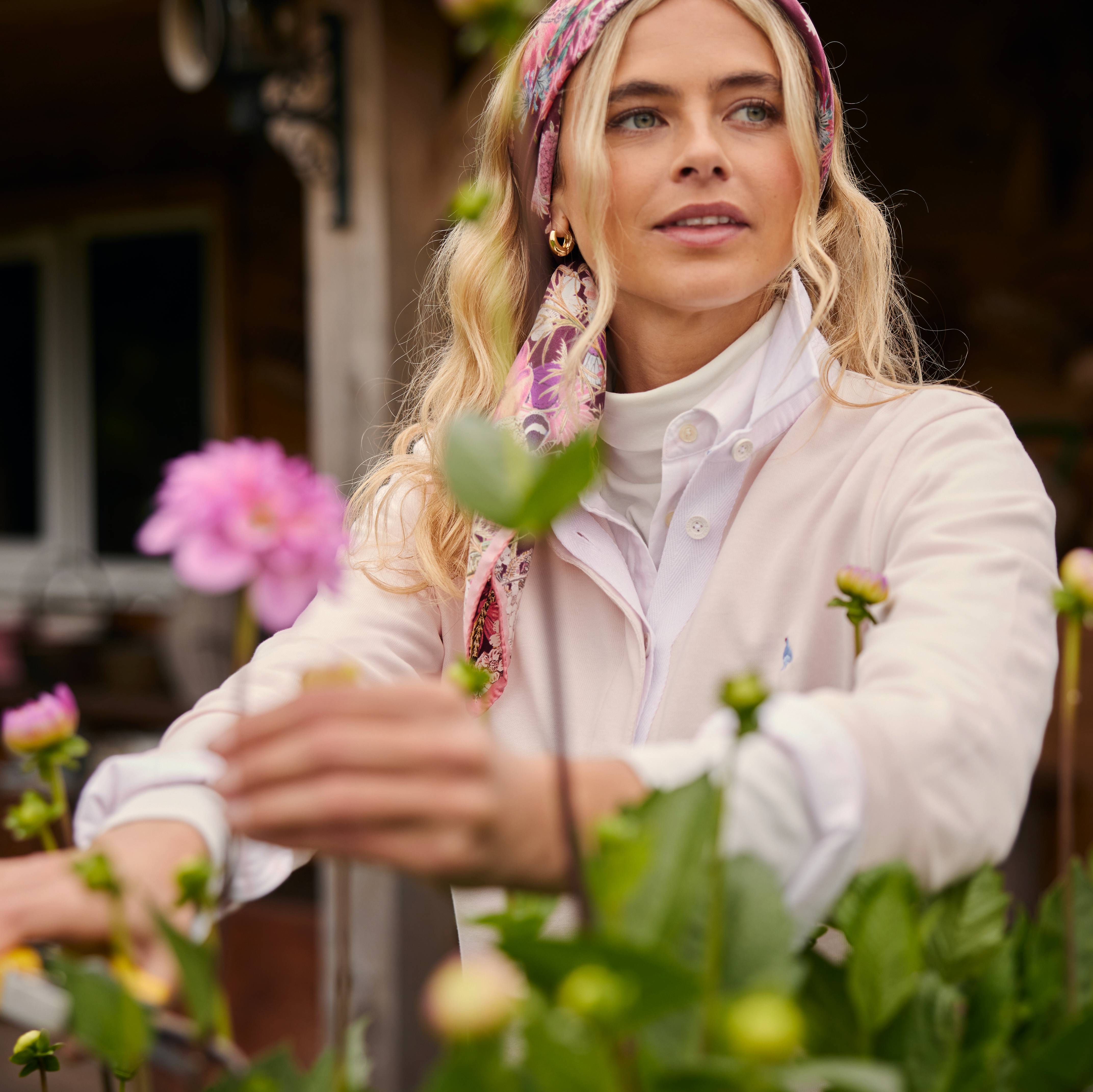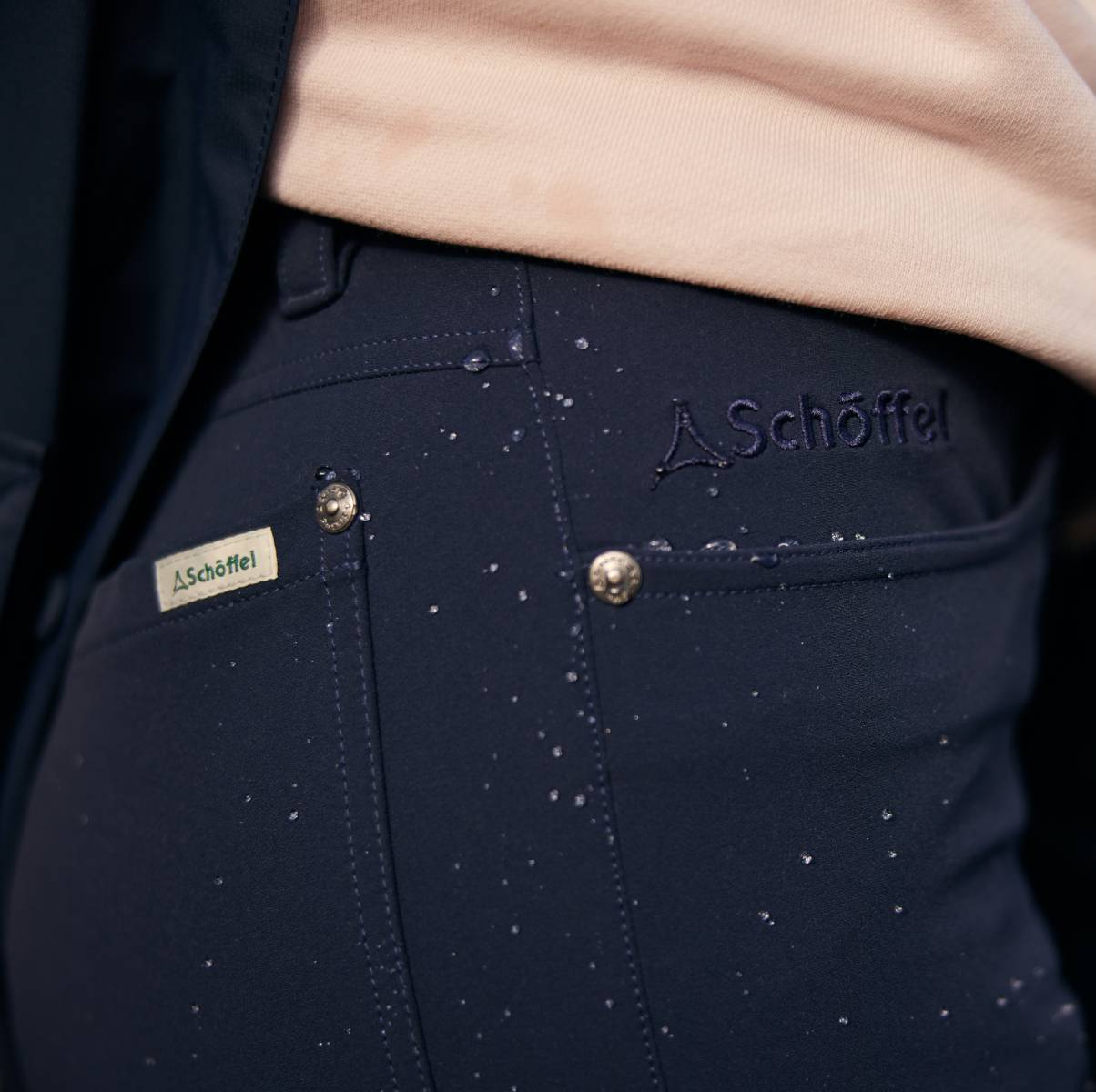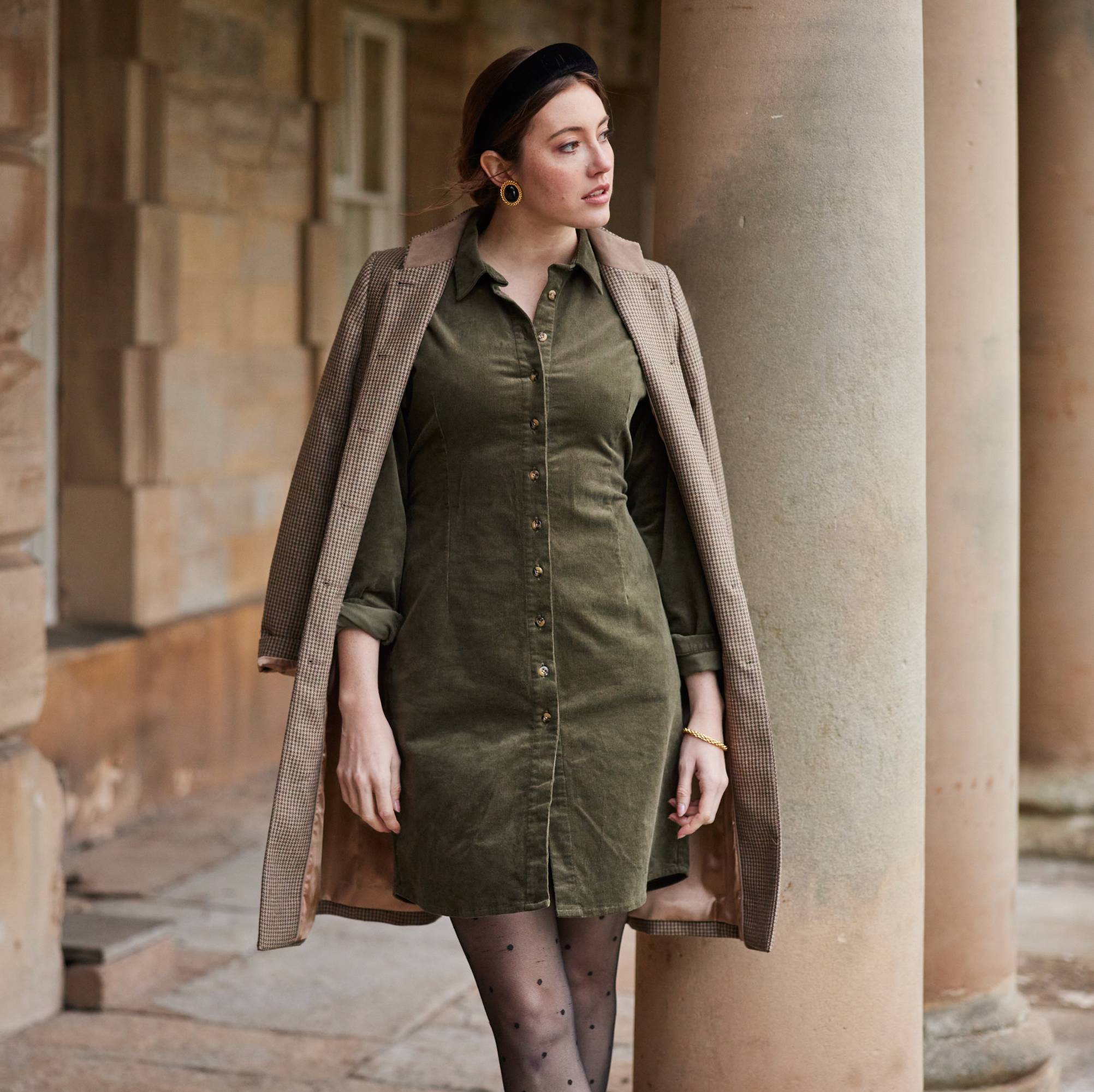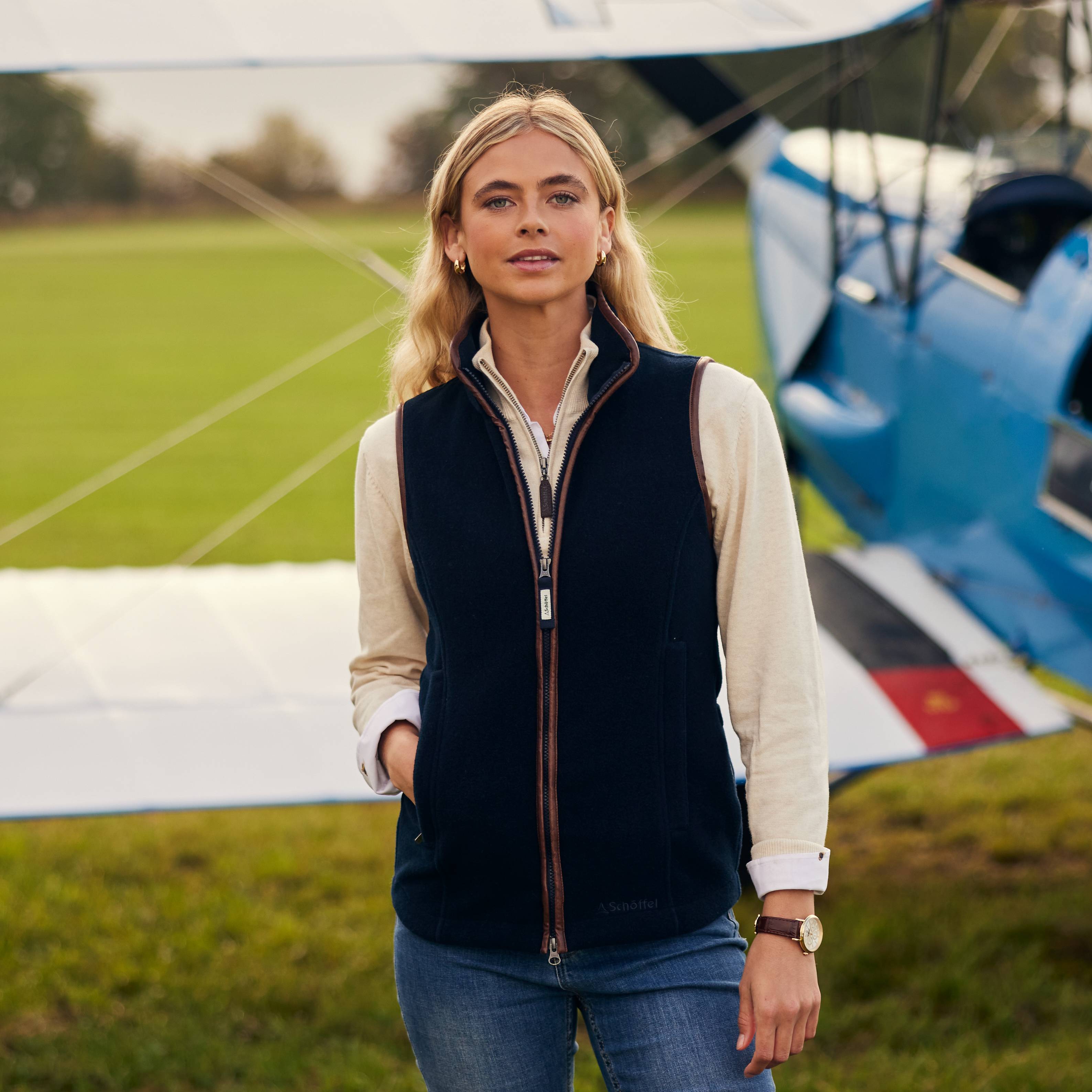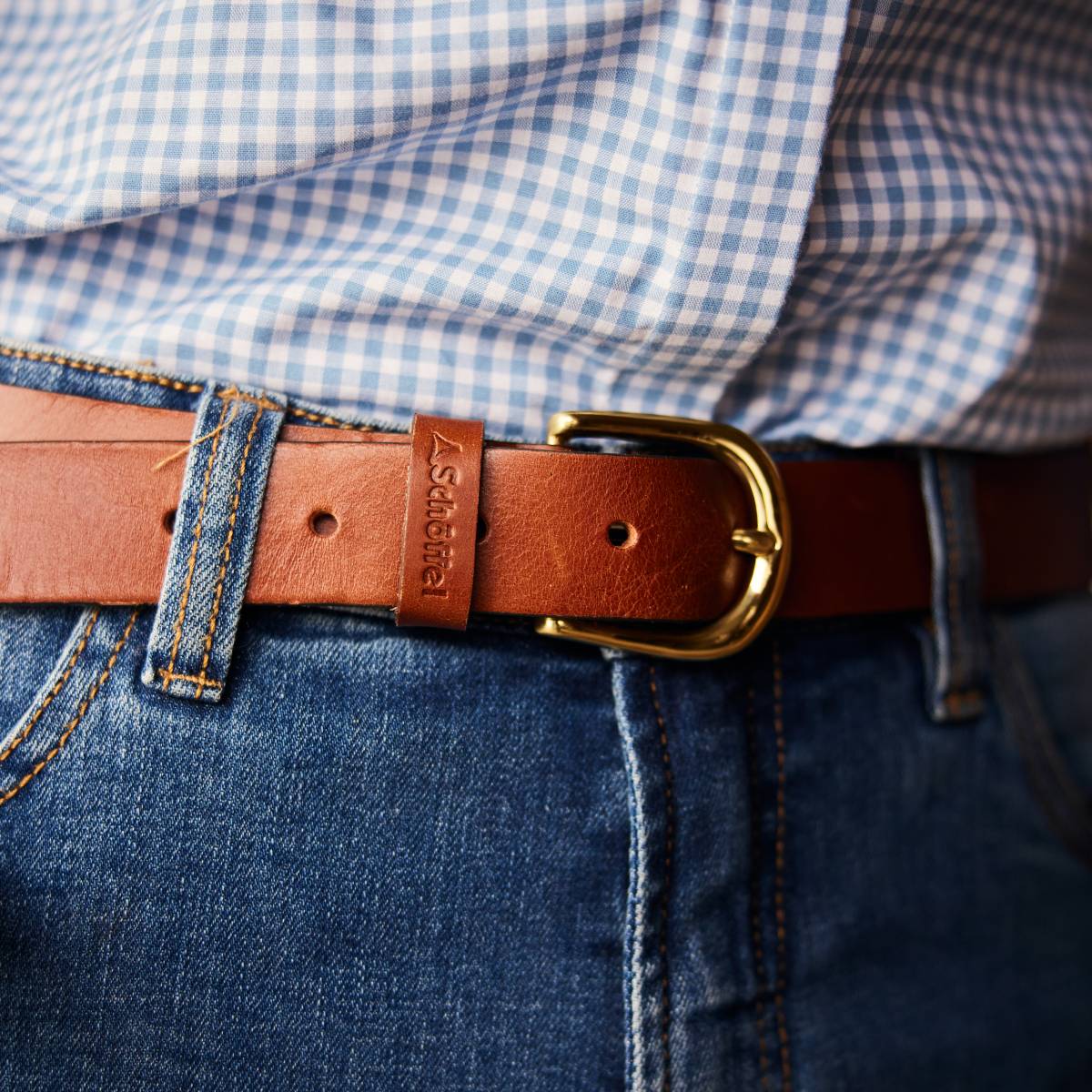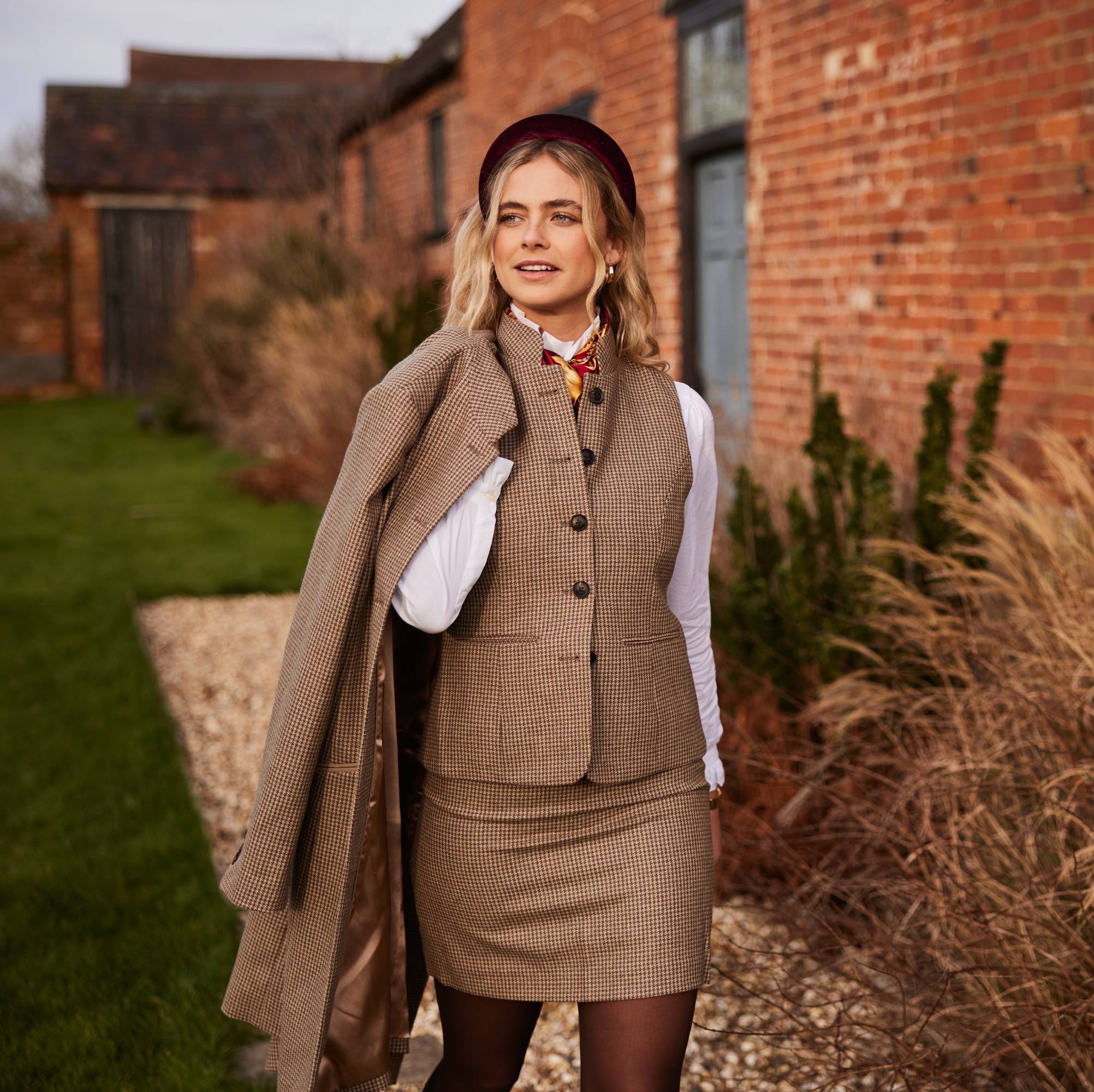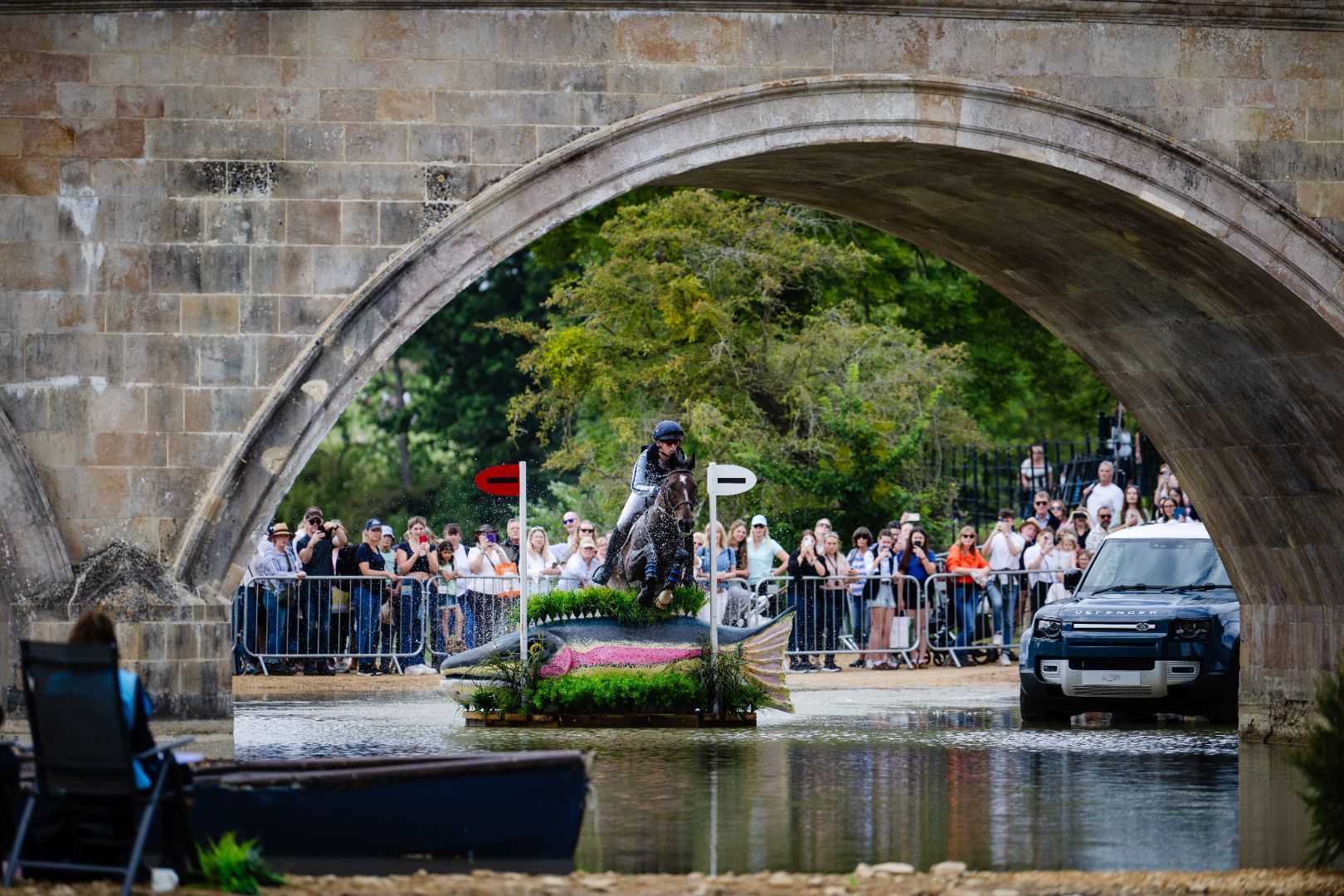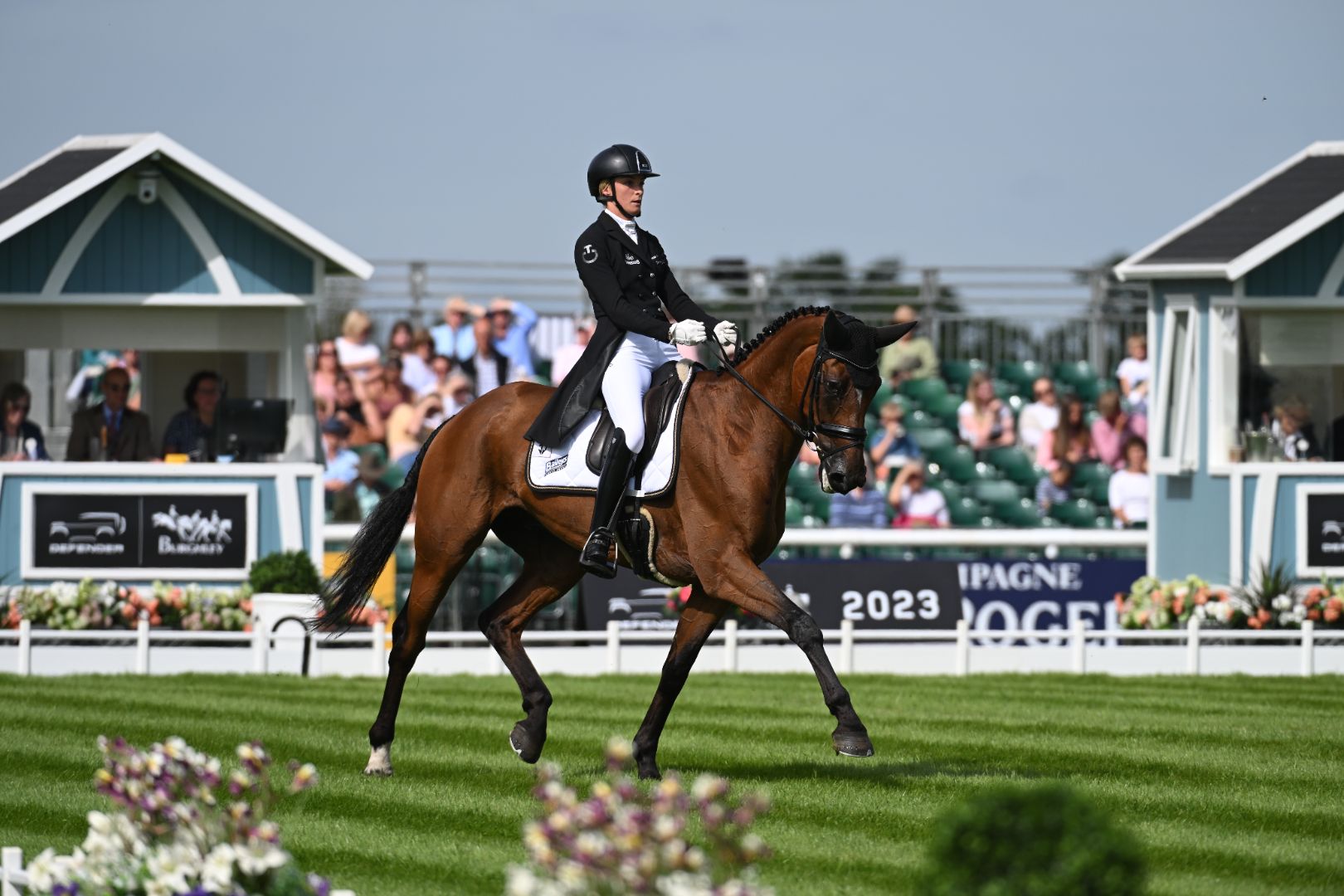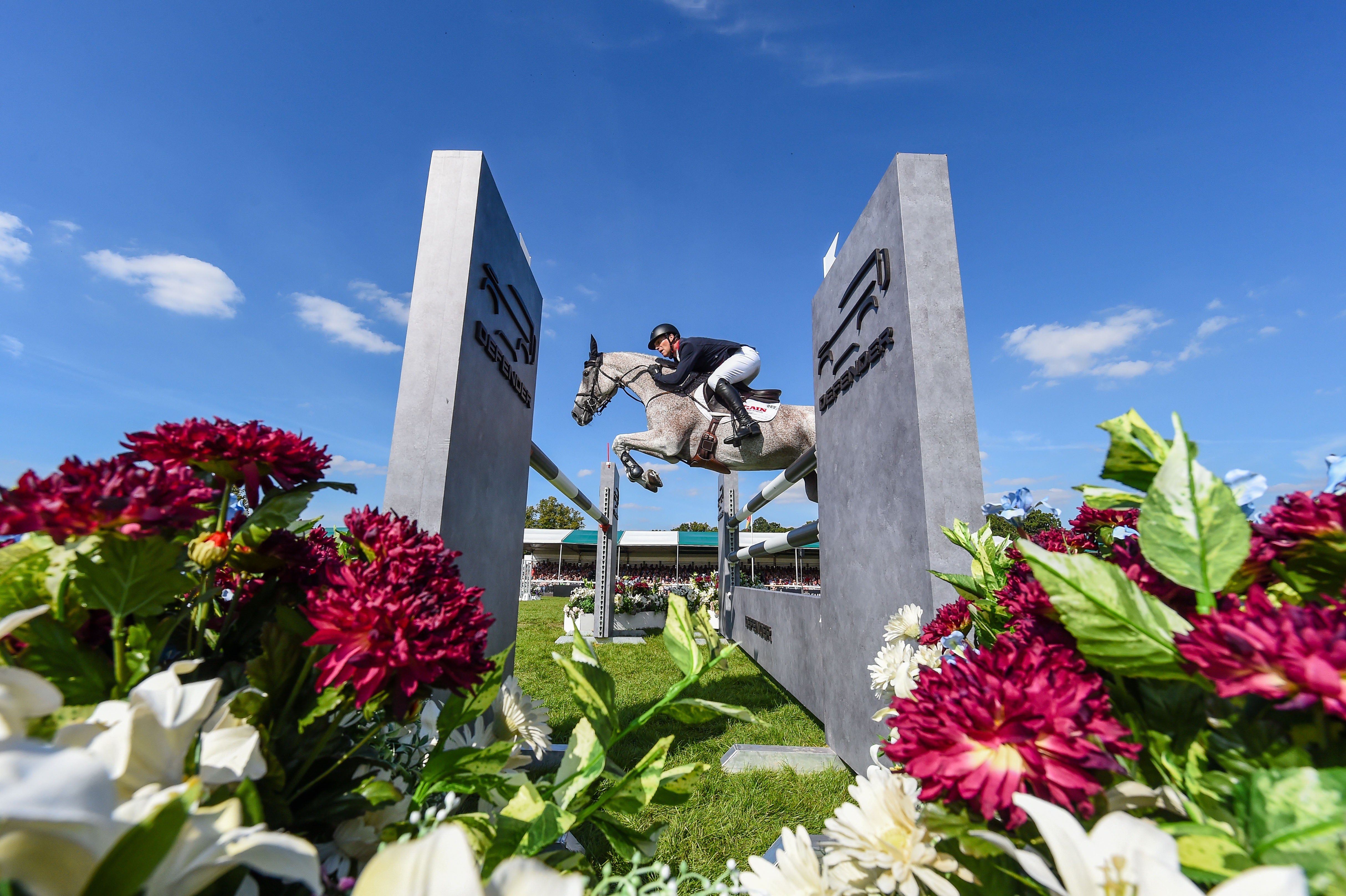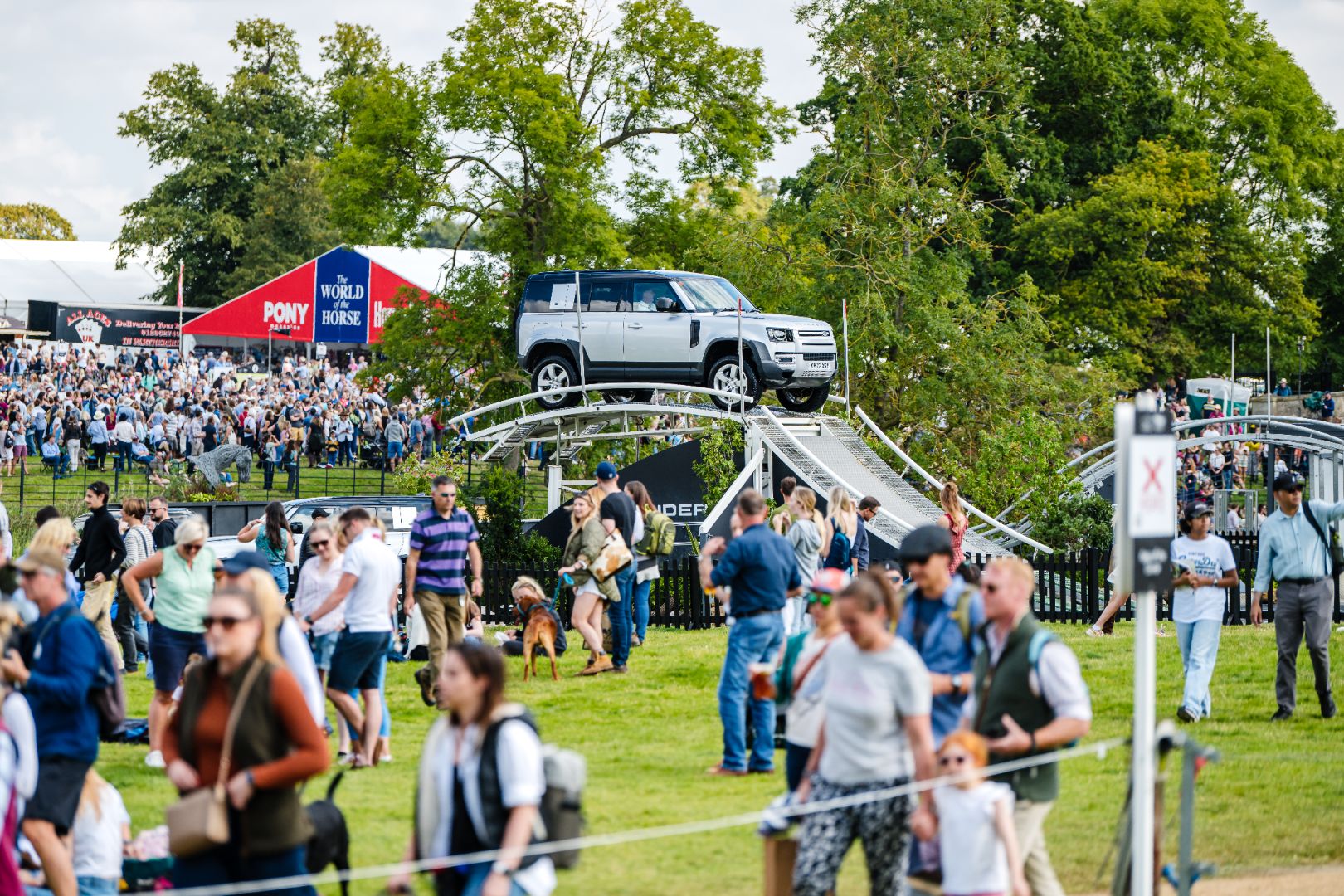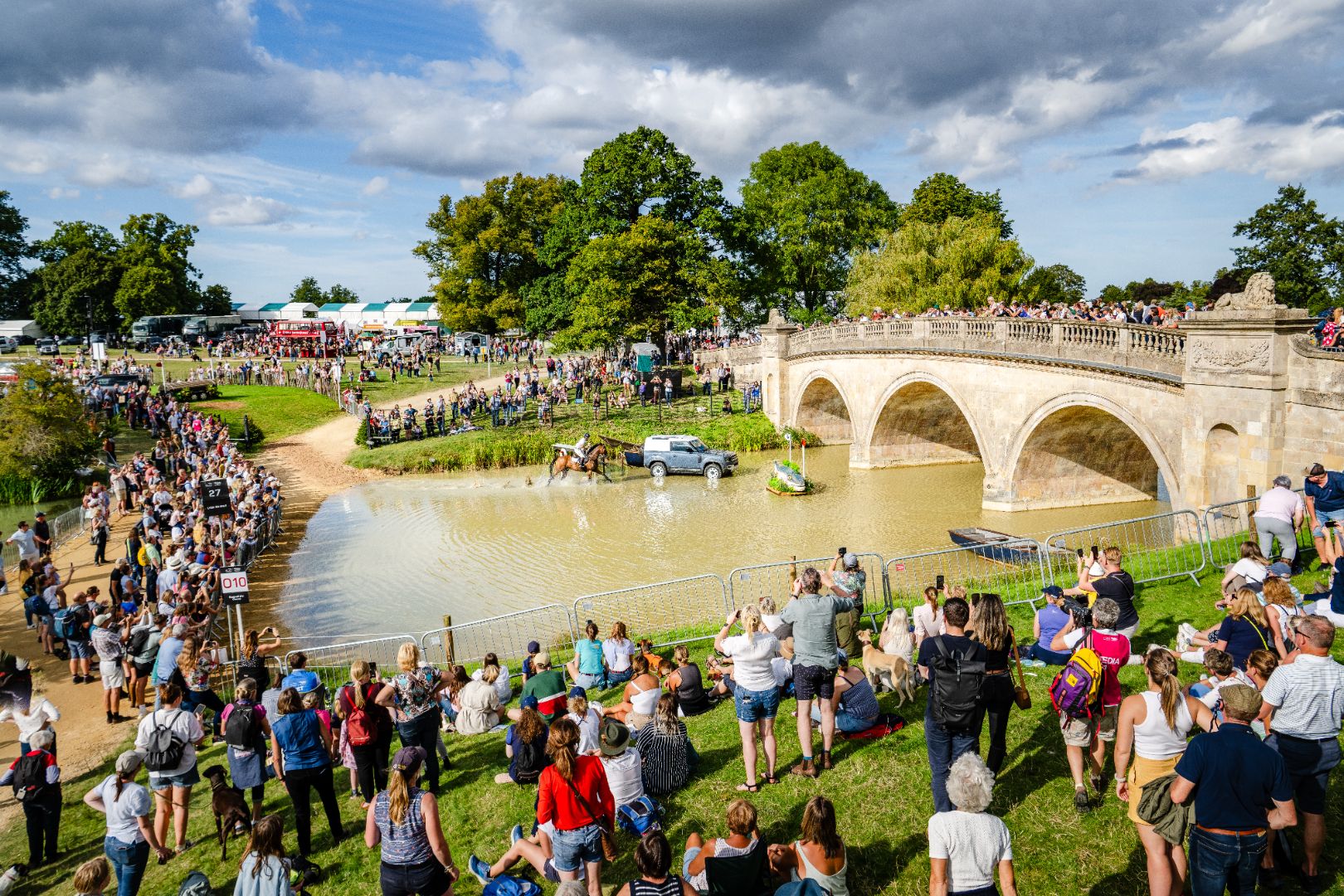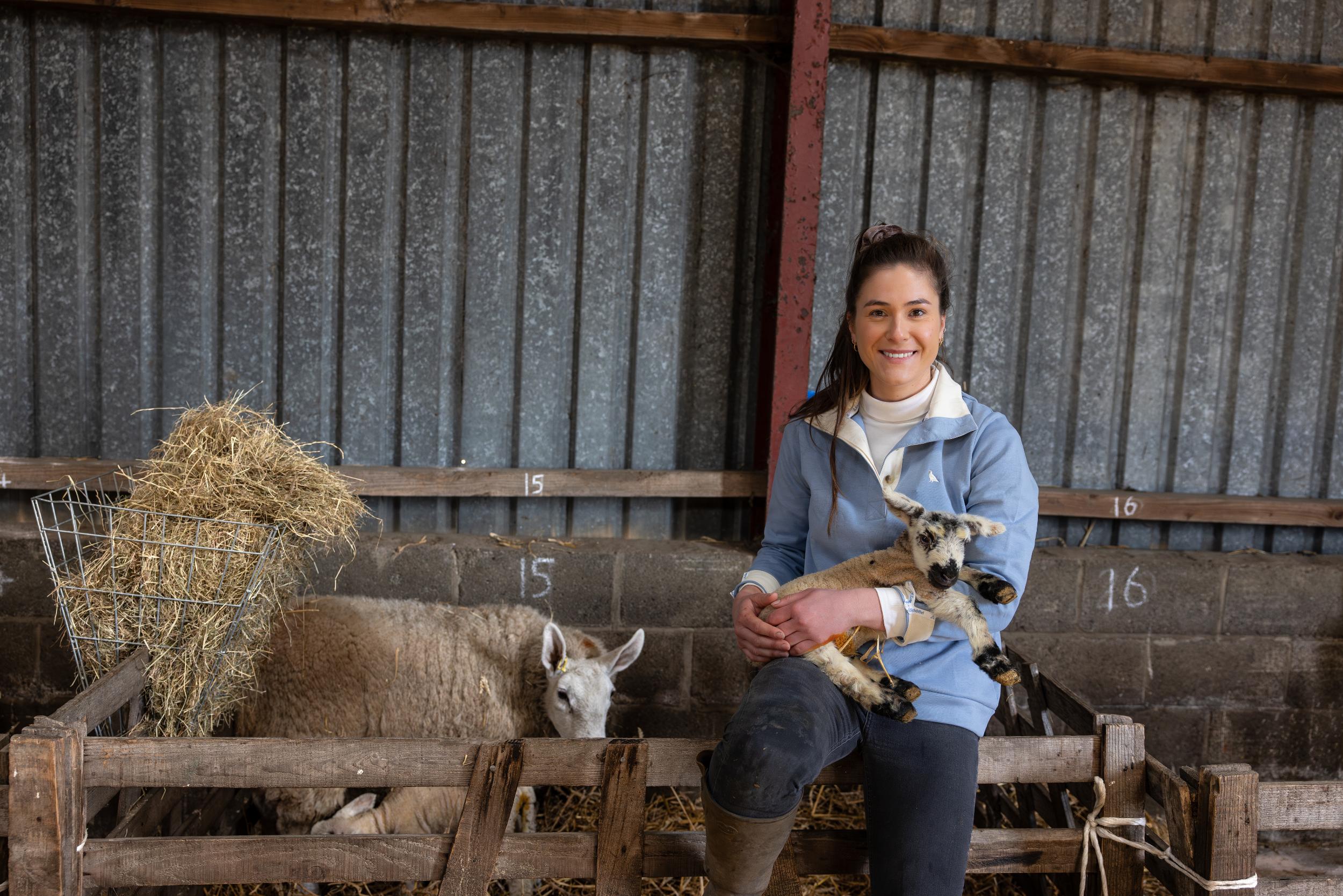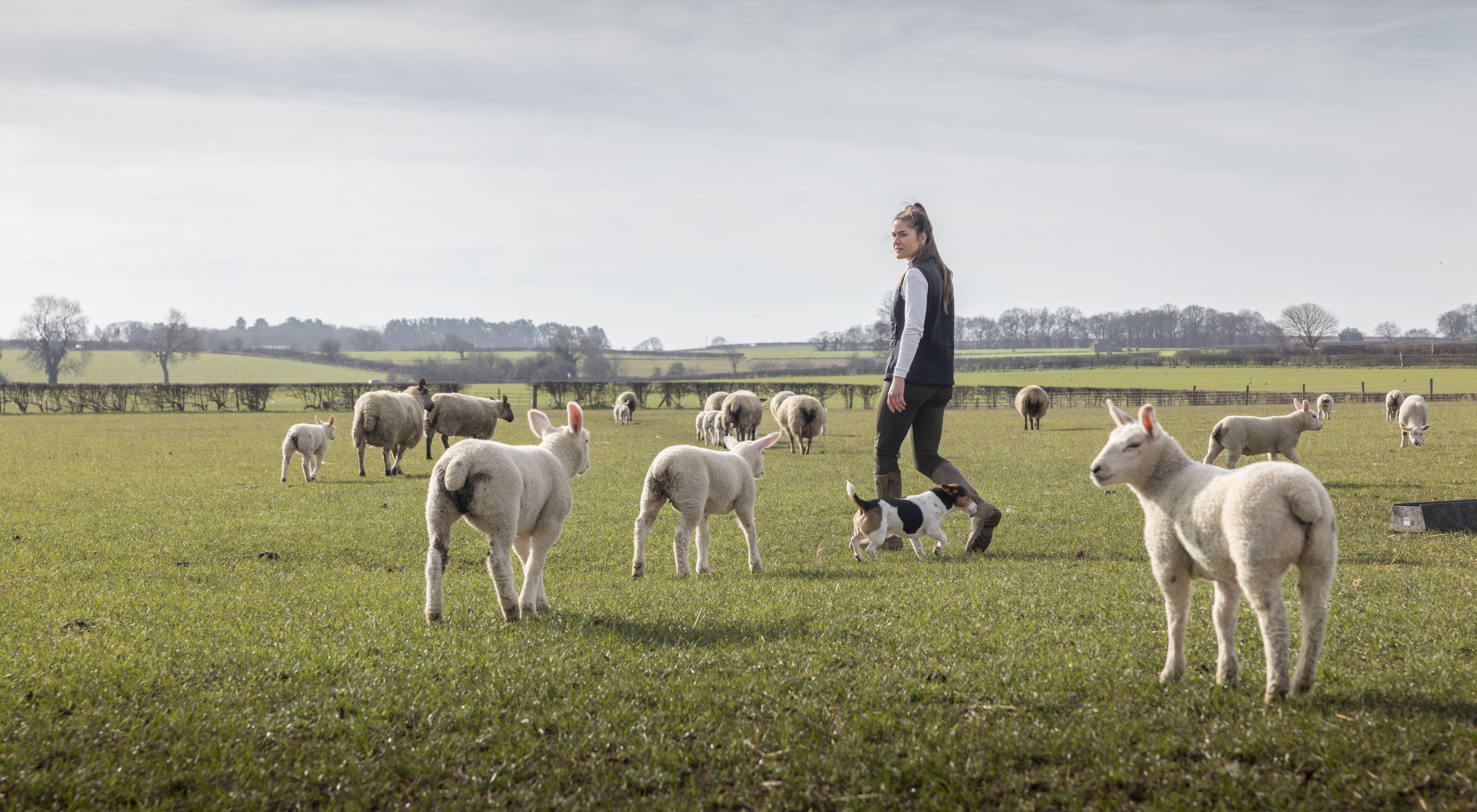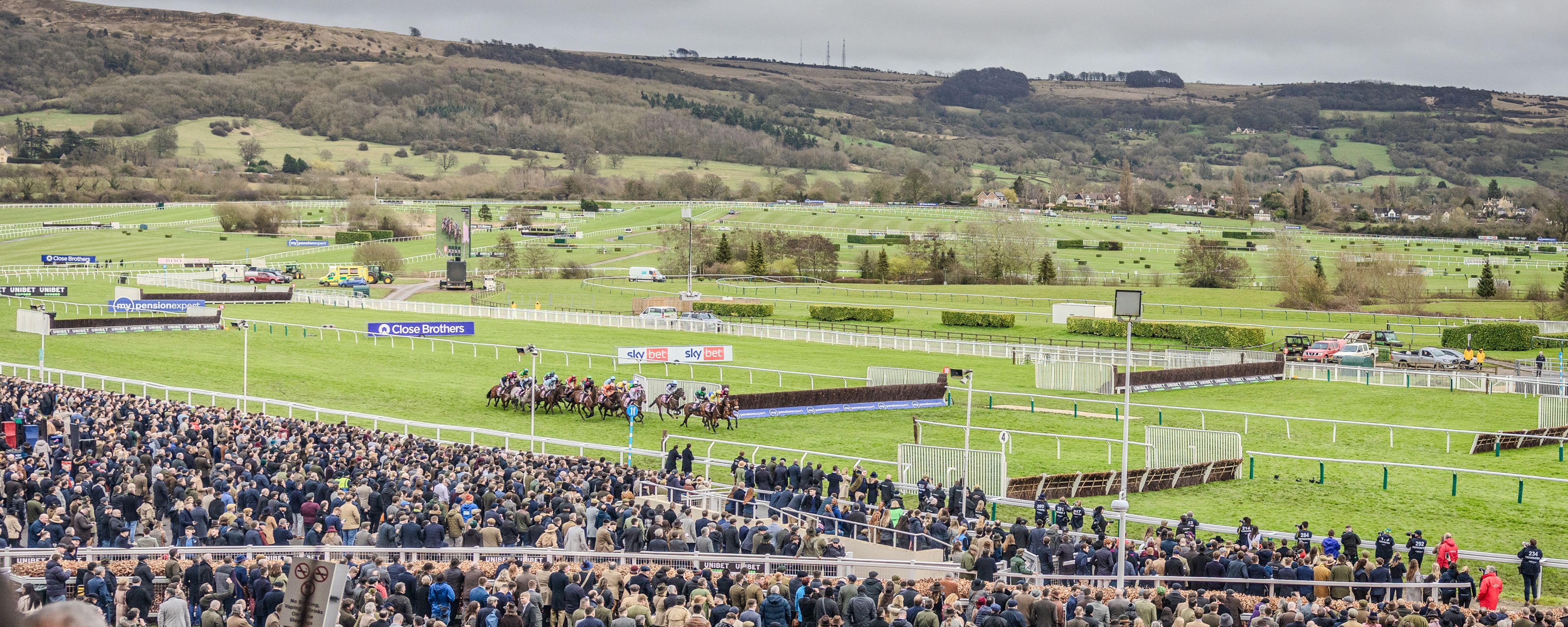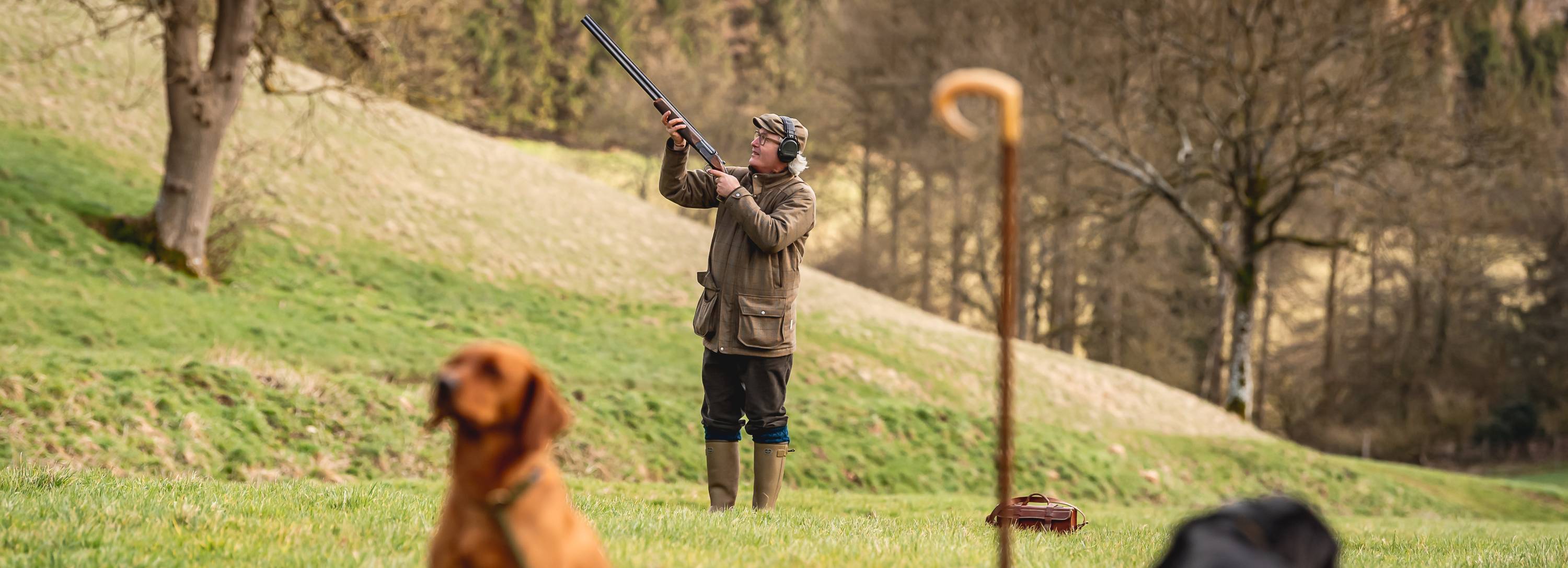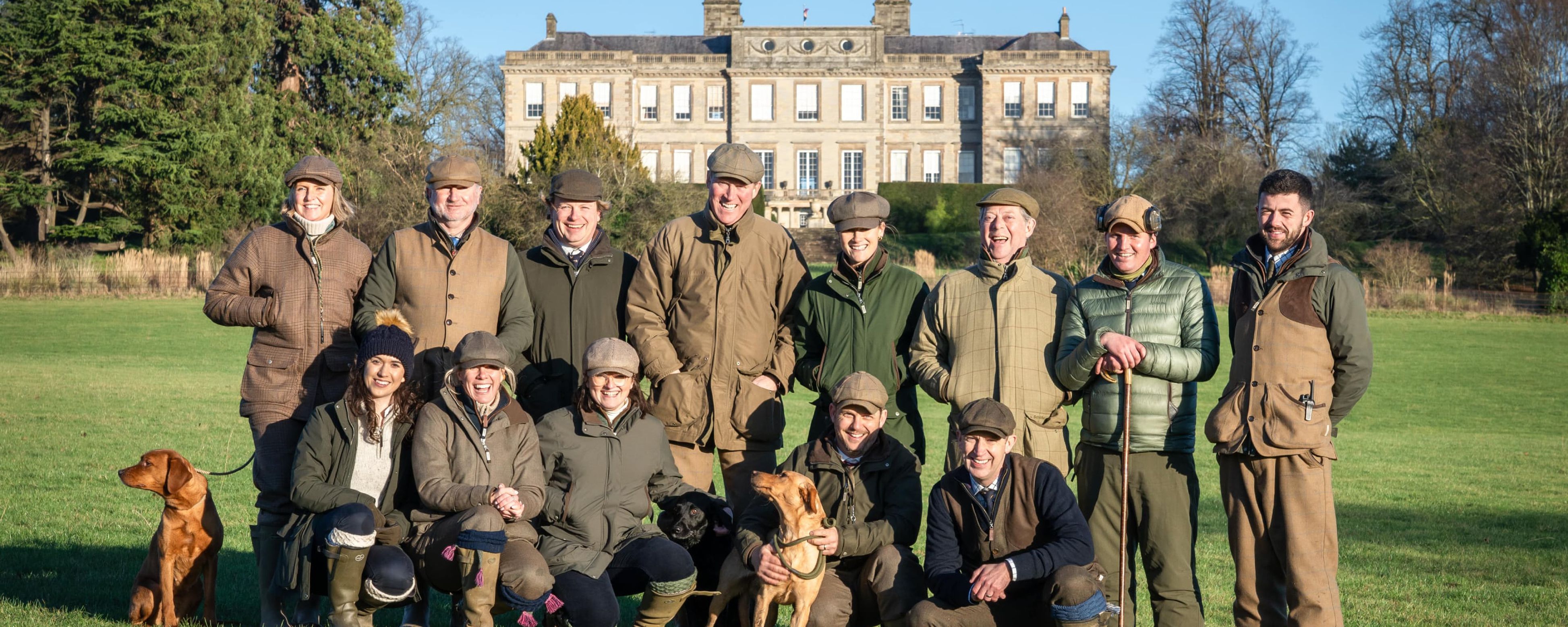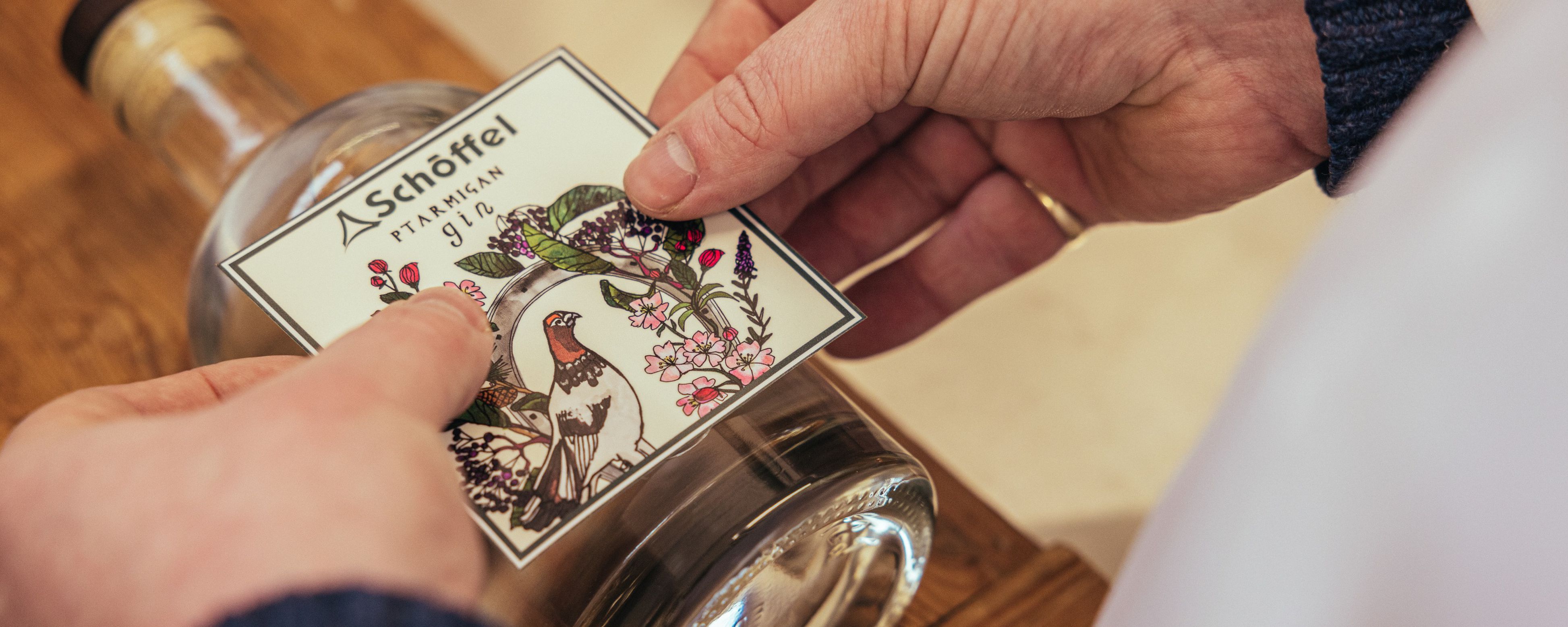
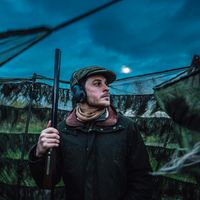
Burghley: A brief guide to horse trials
A closer look at the history and format of eventing ahead of a true highlight of the equestrian calendar – the Defender Burghley Horse Trials.
Think of autumn in the countryside… What comes to mind? Blackberries? Golden stubble fields? Partridges? For many people, Burghley Horse Trials will feature somewhere on the list, too. After all, it’s been a flagship fixture of the country calendar for decades.
In fact, today the event ranks among the UK’s ten most popular sporting occasions by attendance. And it’s well-known as a favourite of the riders at the pinnacle of equine competition – those whose horses tiptoe, gallop and jump around the Lincolnshire estate’s Elizabethan parkland each September.
As one of only seven CCI5* events in the world, Burghley Horse Trials deserves all the attention it gets. And, although it’s not all about the horses (unless you’re the purist of purists), a basic understanding of eventing will help you to enjoy it even more. So, here’s a brief guide to horse trials ahead of this year’s event …
What is eventing?
Involving three ‘phases’ – dressage, cross country and showjumping – eventing (the activity around which horse trials are based) is widely considered a challenging all-round test of horse and rider and is contested at various levels of competition.
The season for eventing in the UK runs from spring to autumn – typically March to October – and horse trials may be one-, two-, three- or four-day affairs. The larger events – the likes of Burghley and Badminton – have separate days for each phase. One-day events (also known as ODEs) tend to a follow a different order but still entail all three disciplines. We’ll get to what they involve. First, though, a little background…
A brief history of horse trials
Eventing appeared for the very first time at the 1912 Olympics Games in Stockholm. Back then, entries were only open to men in active military duty; the competition was designed to test the grit and ability of cavalrymen and their steeds.
It was some time later – 36 years to be precise – that horse trials caught the attention of the 10th Duke of Beaufort, the man widely considered to have kickstarted regular eventing competitions in the UK. The Duke had watched the London Summer Olympics of 1948 and decided that horse trials represented the ideal training ground for foxhunters. The following year, he held the very first Badminton Horse Trials on his estate in South Gloucestershire. It would set the precedent for many other such events across the country.
It wasn’t until 1952 that civilian men were competing in Olympic eventing, and 1964 when women could enter too. Happily, from thereon in it continued to evolve; the ‘professional era’ of the sport – when the International Olympic Committee opened the Olympic Games to professionals – began in 1984.
Arguably the most controversial change to the sport came in 2004, when the ‘short format’ replaced the classic ‘long’ format, removing the ‘endurance’ aspect of competition and placing dressage, cross country and showjumping on equal footing. The emphasis shifted from ‘completion’ to ‘competition’.
What are the different disciplines at horse trials?
Horse trials comprise three disciplines or ‘phases’: dressage, cross country, and showjumping – usually in that order. To excel in all three, a good all-rounder must be obedient and flamboyant, fit and courageous, and agile and accurate.
Dressage is characterised by an excellent level of technical control and obedience, communication between rider and horse, precision, elegance, and rhythm. It is always the first phase and sees competitors perform a series of predefined movements in a rectangular arena – the complexity of movements to be performed depending on the level of competition.
Cross country is all about bravery, stamina, and jumping ability. It requires a different skillset entirely and is regarded by many as the most exciting part of a horse trials. The objective: To complete the course – a medley of water obstacles, steps, ditches and fences, in the optimum (predefined) time. The length and difficulty of a cross country course, and the pace which you are expected to match, changes as one rises through the levels.
If dressage tests togetherness, and cross country demands grit, then showjumping requires accuracy and carefulness. The final phase in a three-day event, it is usually held on grass or in an arena and sees horse and rider attempt to clear a sequence of fences without knocking down any poles and incurring penalty points. Again, the height of the jumps will differ at varying levels of competition. Burghley is a CCI5* event, so the 12 knockdown fences will be as high as 1.30m.
Levels and classes in eventing
Eventing competitions are categorised into national and international tiers. National events feature ten classes, ranging from 'BE80' to 'Advanced level (A)'. In the international arena, classes progress from CCI1* to CCI5*, with CCI5* representing the pinnacle of skill for elite riders and their horses.
Remarkably, a competitor's eligibility for specific levels hinges on the horse's experience and established grades. This means that even amateur riders can find themselves in the same arena as top-tier professionals.
For more on classification and grading, the British Eventing website is a valuable resource.
How are horse trials scored?
In dressage, a panel of judges awards each movement a score out of 10, with an additional mark out of 20 for ‘overall impression’. A ‘penalty score’ or a percentage is then established by taking an average of the judging panel’s scores. Either way, this figure relates to the performance of each competitor. The aim is to achieve the highest percentage score or the lowest penalty score possible.
In cross country, penalties are incurred for failing or refusing to go over a fence, going too fast or too slow (relative to the optimum time), and ‘circling’ between different parts of the same obstacle. If the threshold for refusals is passed, competitors can even be eliminated from competition in this phase, and that threshold varies depending on the level of competition.
In showjumping, penalties are given for knocking down poles, refusing to jump, falling, exceeding the time limit, or circling at a fence. A ‘clear round’, whereby all fences are jumped in order on the first attempt with no dislodged poles, is the aim and attracts no penalties. Again, elimination from the competition is possible if the set threshold for refusals is passed.
Defender Burghley Horse Trials 2024
Burghley Horse Trials has been an annual affair since 1961 when the marquess of Exeter, upon hearing of an event cancellation at Harewood, invited the British Horse Society to hold it at his estate instead. It was to be the first of many. In fact, fast-forward more than 60 years and no other horse trials site has staged as many championships.
Burghley’s most successful competitor, with six title wins, is William Fox-Pitt. Andrew Nicholson, meanwhile, with 36 events under his belt, has completed BHT more times than any other rider, climbing to the top step of the podium on no less than five occasions.
Burghley was also the final stage of Pippa Funnell’s incredible achievement in 2003, when she became the first rider ever to win the Rolex Grand Slam of Eventing – topping the leaderboard at Kentucky, Badminton and Burghley in the same year.
And the event has strong ties with Royalty. In 1971, a young Princess Anne became European champion at the three-day trials, while Captain Mark Phillips won at Burghley two years later before becoming its course designer.
Today, Burghley Horse Trials actually stretches over four days, attracting more than 80 or so of the world’s top riders, 170,000 visitors, and some 600 exhibitors. As well as the excitement of the competition itself, there are trade stands selling everything from gilets to G&Ts.
With feature areas including the Burghley Lifestyle Pavilion, The Horse Village, and The Burghley Exhibition Village, it’s quite easy to make a full weekend of it… And you can shop Schöffel Country at one of our four retailers who will be in attendance:
Bredon Hill Country – Stand H17
Brocklehursts – Stand A32
Elm of Burford – Stand B30
Golding of Newmarket – Stand C7
Key details
Date: Thursday 5 – Sunday 8 September
Location: The postcode PE9 3JY will direct you towards Burghley House. Then follow the temporary yellow road signs.
Timetable and tickets: See https://burghley-horse.co.uk/
